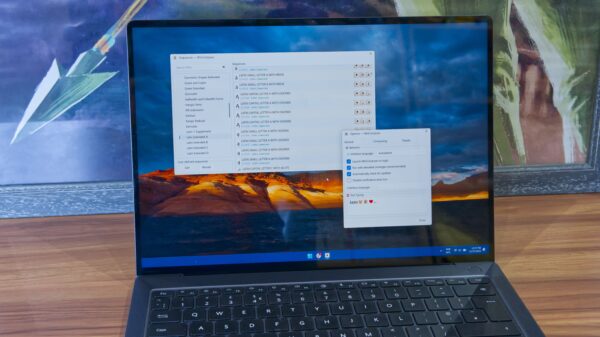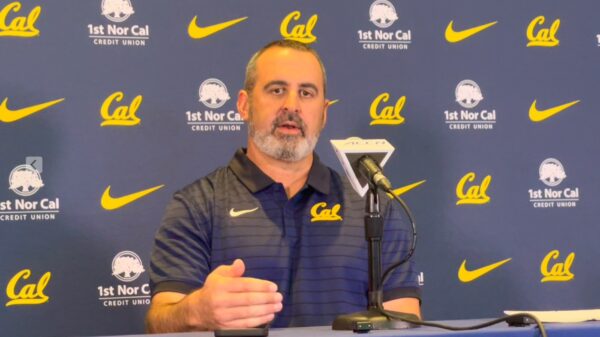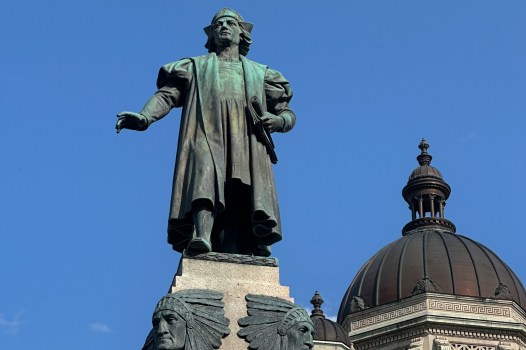On October 12, 1492, Christopher Columbus made landfall in the Americas, marking a pivotal moment in world history. Sponsored by Spanish monarchs Ferdinand and Isabella, Columbus embarked on a daring voyage aboard three ships—the Nina, Pinta, and Santa Maria. This expedition was not merely a quest for new territories, but a significant step towards global interconnection.
A New Era of Exploration
Columbus’s journey across the Atlantic was fraught with challenges. The two smaller vessels, the Nina and Pinta, measured only 50 to 70 feet in length, while the flagship Santa Maria was approximately 117 feet long. With a crew of 86 men and limited provisions, they set sail into the unknown for 35 days. Their mission was to find a westward route to the Spice Islands in East Asia, a goal that was thwarted by the presence of the Americas.
Upon finally sighting land, Columbus and his crew faced a moment of desperation. According to historical accounts, “With the men close to mutiny against their ‘foreign’ captain, Columbus was about to turn back when the cry went out at 2 a.m. on October 12 that land had been sighted.” This discovery would alter the course of history, paving the way for further exploration and colonization.
Controversies and Contributions
Despite his navigational achievements, Columbus’s legacy is marred by his governance of Hispaniola and the violence associated with European colonization. Critics argue that the indigenous populations did not need to be “discovered,” as they had inhabited the Americas long before Columbus’s arrival. Additionally, it is noted that explorers like Leif Ericson and possibly Zheng He had reached North America well before Columbus.
Yet, historical figures such as biographer Samuel Eliot Morison highlight Columbus’s remarkable determination. He stated, “We are right in so honoring him, because no other sailor had the persistence, the knowledge and the sheer guts to sail thousands of miles into the unknown ocean until he found land.”
Scholar Felipe Fernandez-Armesto further emphasizes the significance of Columbus’s route. He noted that previous attempts to cross the Atlantic faltered because explorers clung to the zone of westerly winds. Columbus’s willingness to navigate with the wind at his back led to his success, which is a testament to his revolutionary approach to exploration.
Today, Columbus’s contributions to global history are acknowledged with observances such as Columbus Day. While his actions are often viewed through a critical lens, the impact of his voyage remains undeniable. Columbus’s journey not only connected continents but also initiated a complex and often painful history of exploration and colonization that continues to shape the world.
As societies reflect on the legacy of Christopher Columbus, it is essential to recognize both the achievements and the consequences of his explorations. Understanding this duality is crucial to grasping the full scope of his impact on global history.





































































